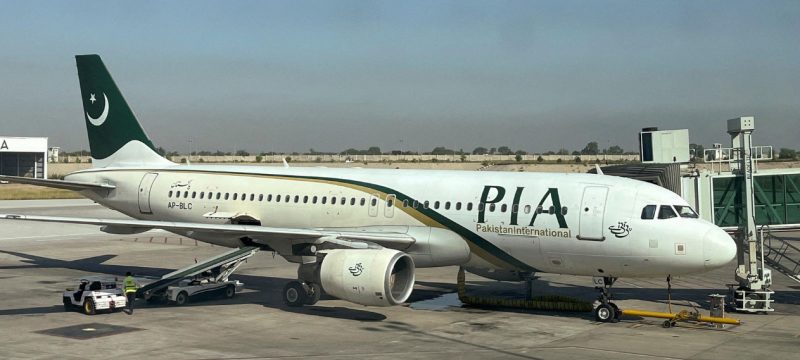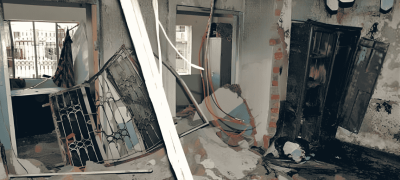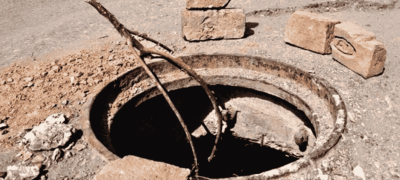The situation surrounding Pakistan International Airlines (PIA) and its potential privatization is complex, with both promising opportunities and significant risks. Let’s break it down:
Current Situation
PIA, once a symbol of national pride, is now burdened by over Rs. 830 billion in debt, making it difficult to maintain operations. The Pakistani government, seeking a way to stem these financial losses, is considering privatizing the airline by selling off a 60% stake to private investors. However, the initial bidding process was disappointing, with a single company offering far below the minimum price, and the government is reevaluating its strategy.
Also Read: PIA Privatisation Back on Track as Govt Plans New Bids
The Potential Benefits of Privatization
- Improved Financial Viability: Privatization often leads to better financial management and efficiency. By shedding inefficiencies, privatized airlines like British Airways and Lufthansa modernized their fleets, expanded their routes, and significantly improved service quality.
- Increased Market Competitiveness: The injection of private capital and expertise could make PIA more competitive in a globalized market, especially in an aviation hub region like Pakistan, which connects Asia, the Middle East, and Europe.
- Reduced Government Burden: Privatizing PIA could relieve the government from continually injecting funds to cover losses, allowing resources to be better allocated to sectors like healthcare and education.
- Economic Growth: A privatized PIA could help stimulate the economy by improving connectivity, boosting tourism, and creating jobs in related sectors.
Risks and Challenges
- Strategic National Interests: One major concern is that privatization might lead to the discontinuation of non-profitable but strategically important routes. Countries like Malaysia and South Africa have faced issues where privatized airlines focused too much on profitability, neglecting national connectivity.
- Employee Welfare: Mass layoffs, a common consequence of privatization, could spark protests and public backlash. Ensuring a fair transition plan for employees is crucial to avoid unrest and protect the airline’s reputation.
- Loss of National Identity: There is concern that foreign ownership could dilute PIA’s identity as a national carrier, much like the cases of Royal Jordanian Airlines, where partial foreign ownership led to identity concerns.
- Execution Risks: Privatization carries the risk of poor execution, as seen in several countries where mismanagement or corruption has turned what was meant to be a turnaround into an additional burden.
Global Examples:
- Successful Privatization: British Airways and Lufthansa thrived after privatization, improving their fleets and competitiveness.
- Challenges Faced: Air India’s privatization faced difficulties, including increased competition and struggles to regain customer loyalty. Similar concerns about layoffs and loss of national pride have plagued airlines like Alitalia and Malaysian Airlines.
PIA’s Global Position:
PIA’s strategic location offers a unique opportunity to become a global hub connecting key regions. If privatized, it could attract international investments and form alliances with powerful players like Emirates or Qatar Airways, but there is the risk of foreign domination.
Conclusion:
While privatization offers an opportunity for PIA to modernize and become more competitive globally, it’s not without its risks. A well-executed privatization, with strategic partnerships and careful consideration of national interests, could be the solution PIA needs to bounce back.
Key Considerations for Success:
- A transparent privatization process to avoid corruption.
- Strategic partnerships with experienced global investors.
- Employee transition plans to mitigate job losses.
- Retaining control over critical routes and national priorities to maintain PIA’s identity.
If these elements are managed correctly, privatization could indeed be the lifeline PIA needs to recover its past glory. The process will be crucial, and the future of Pakistan’s national carrier hinges on executing it with care and clear goals.









